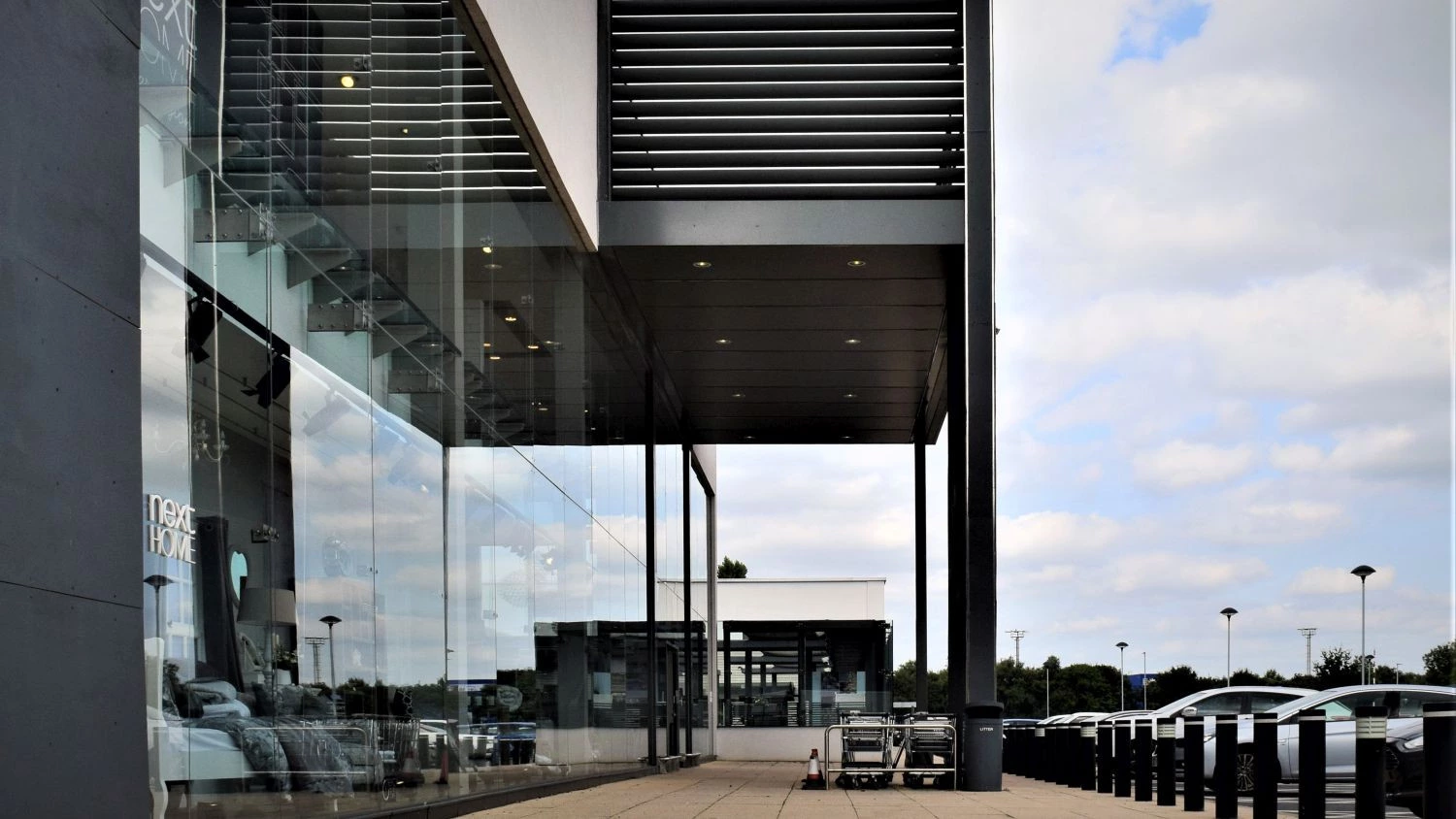
This year’s increase in supply and the value of transactions in the retail sector in Poland have a chance to exceed last year's level, says Walter Herz.
Despite the deteriorating market conditions, 2022 will probably be another year with a record level of new supply for the retail sector in Poland. According to estimates by Walter Herz, the domestic stock of retail space will increase by approximately 530 thousand sqm. The largest volume, almost 350 thousand sqm of modern space will be provided by numerous retail parks and convenience centres, which are mainly being built in smaller cities.
"Investors who operate in this sector of the real estate market in Poland have extensive plans, including the construction of several dozen more retail parks in the next few years. The group of entities active in the retail segment is constantly growing, both in terms of investors looking for attractive assets and real estate development companies implementing projects", says Bartłomiej Zagrodnik, Managing Partner, CEO of Walter Herz. "There are now about 30 investments under construction across Poland, including retail parks. Companies are constantly looking for land for new properties that they want to implement in this format. Their saturation is not as high as that of large shopping centres and they still have great potential for growth", adds Bartłomiej Zagrodnik.
Retail parks are attractive assets
While large-scale shopping malls are doing quite well now and have a turnover similar to 2019, they are negatively perceived as an asset class by investors after the pandemic and lockdowns. "In operational terms, the biggest challenge for commercial real estate is now the issue of increasing maintenance fees, derived from energy prices and rising wages. A lot of tenants of shopping centres have secured CAP for this fee, which creates a shortfall and translates into NOI, thus affecting property valuation. The number of tenants who extend their contracts for a short period is also increasing, taking into account only the turnover rent", admits Piotr Szymoński, Director of Office Agency at Walter Herz.
"In retail parks and convenience centres, contracts are still signed for the long term. Rents and service charges, on the other hand, are much lower than in large shopping centres, which is why they are of great interest to tenants. The delivered parks are generally fully commercialized. They attract not only attractive food operators and popular chain stores, but also brands that have not been interested in such establishments so far. Now they create special formats for them and enter smaller cities", says Piotr Szymoński.
According to Walter Herz, rental rates in retail parks remain at the same level as last year. In larger premises, intended for chain grocery stores or drugstores, in the best facilities, they range between €8-12/sqm/month.
Investments with a high rate of return
Today, retail parks are the most attractive trading assets for foreign funds. Prior to the pandemic, before the interest in more expensive assets, such as shopping malls, dropped drastically, the transaction volume in the retail sector in Poland exceeded €2 billion annually, and in 2018 it even amounted to €2.5 billion. In 2021, despite a large number of transactions, investment purchases in this segment amounted to €1 billion.
"Small facilities were the ones that mainly changed the owners. There were also transactions related to the acquisition of real estate from Tesco and the purchase of properties with the potential to increase profitability. Retail parks are the most sought-after assets now, but their availability is not high enough. This segment offers a total of over 3.2 million sqm of space, which is about 15% of the resources of the commercial real estate sector in Poland. Over 60 per cent of modern commercial space in our country is located in large centres", explains Bartłomiej Zagrodnik.
The value of retail real estate transactions in the first half of this year amounted to approximately €800 million. Investors focus on high-standard retail parks located in smaller cities that offer yields of up to 7.5%.
Walter Herz analysts estimate that 2022 may be better for the sector than last year, not only in terms of new supply but also transactions. The bill facilitating the conversion of commercial buildings into residential projects may affect the increase in the volume of transactions. However, there may be difficulties caused by the lack of access to financing for the purchase of large shopping centres, as opposed to retail parks.



